Written By Rachel Phipps
It is possible to eat meat and still do your bit for the planet. Choosing sustainable meat is not only good for the environment, but it also helps support local farmers. Here are some tips for choosing and buying more sustainable meat wherever you shop and whatever your price point.
While I always try to take positive steps toward a more plant-based diet, I will never give up eating meat. I grew up in a rural community and I passionately support the farmers who have been at it for generations. So, by making an effort to choose sustainable meat options, lower my consumption, and make the most of the meat I do buy (something I advocate in my latest cookbook - One Pan Pescatarian), I believe it is still possible to make a positive change without fundamentally impact the way I eat.
Aside from the fact that spending a bit more on higher quality meat (and therefore eating less of it and enjoying it in smaller portions to keep it affordable) helps support farmers, the numbers are clear on both sides of the pond that eating less meat is better for the environment.
Ahead of COP26 (the UN’s climate change conference being held in Glasgow this autumn) in April 2021, the UK Government set an emissions target aiming to reduce emissions by 2035 by 78% of where they were in 1990. The White House announced a similar target of a 50-52% reduction from 2005 levels by 2030. There are some pretty stark numbers out there from academics, too. Eating less meat is pretty essential: the average carnivore diet produces 7.2kg of carbon dioxide a year (almost double the amount released by a vegetarian diet), and according to one of the lead authors of the UN’s most recent Intergovernmental Panel on Climate Change (IPPC) report 0.5C (32.9F) of the rise in global temperatures we’ve seen in recent years is down to the methane produced by cows.

However, in trying to pinpoint actual figures to share, I’ve become even more convinced that the answer is to stop eating meat and invest in more sustainable farming practices across agriculture. In August 2021, agriculture made up an estimated 10.5% of total US greenhouse gas emissions; the 2019 figure for the same in the UK came in at 10%. These figures include emissions from farm vehicles, using fertilizers, etc., and the headline-grabbing cow methane. This report on how the British National Farmers Union plans to achieve net zero in British agriculture by 2040, ahead of the UK’s 2050 net zero target, helps relate the complexity of this issue.
While I wholeheartedly believe everyone should be left to make their own conscious decisions about their diet, I do want to share a little about regenerative farming practices, such as rotational grazing, and how they can be just as valid a step towards a sustainable ecosystem as adopting a 100% plant-based diet. These practices relate just as much to crops as to cattle.

You’ve probably started hearing more and more about the importance of soil. It’s obvious that good soil, full of nutrients, will produce better crops for us, but it goes deeper than that. By re-wilding farmland areas, diversifying crops, and utilizing crop rotations, we’re not stripping the soil of everything just one crop needs. We can also graze animals on land where their urine, manure, and saliva will help regenerate the soil (and these animals can be cattle later slaughtered for meat). As long as overgrazing is avoided, helps trap carbon in the soil.
But what meat should we be buying? If you’re reading this, you often buy beef, lamb, chicken, and pork. Some of these are more sustainable than others. In most cases, beef is the great emitter of methane and has the most impact on the environment, requiring much land to graze and a lot of feed to sustain. Chickens, on the other hand, grow so quickly and still, when farmed responsibly, require comparatively little space and are not as bad for the environment.
You can also make other substitutions for more sustainable and often healthier meats. I’m a big fan of wild venison - it is delicious and relatively affordable and has quite a low environmental impact. When venison has not been over-hunted, culling the deer population is essential to responsible and sustainable land management. Rising populations can have a devastating effect on both natural ecosystems and farmland.
Rabbits multiply like rabbits, so eating wild rabbits is also a great sustainable option - it does not require intensive farming. While rabbits are a vital part of the ecosystem, overpopulation can also cause damage to existing habitats.
Veal is a very controversial topic for conscious meat eaters because a whole spectrum of products exists, from white veal, which is commonly farmed with low animal welfare standards (this is particularly prevalent in some parts of the US as veal farming is regulated on a state rather than the federal level, and some practices banned in the UK and EU are still common), to rose veal with much higher standards. However, great strides are being made among some dairy farmers now producing rose veal from male dairy calves that would otherwise be destroyed, as popular dairy breeds are often deemed unsuitable for beef production. So, if you’re careful about what you buy, it is possible to (and I encourage you to) source high-welfare rose veal sustainably farmed from a dairy herd.
Shopping for sustainable meat at the grocery store
While in an ideal world, we’d all be eating much less, better quality meat from independent sources, one of the most annoying things I find about advice online about how to be more sustainable is they don’t take into account real life: most of us shop at a supermarket because we have to, be it down to access or affordability. So can we choose more sustainable meat at the store?
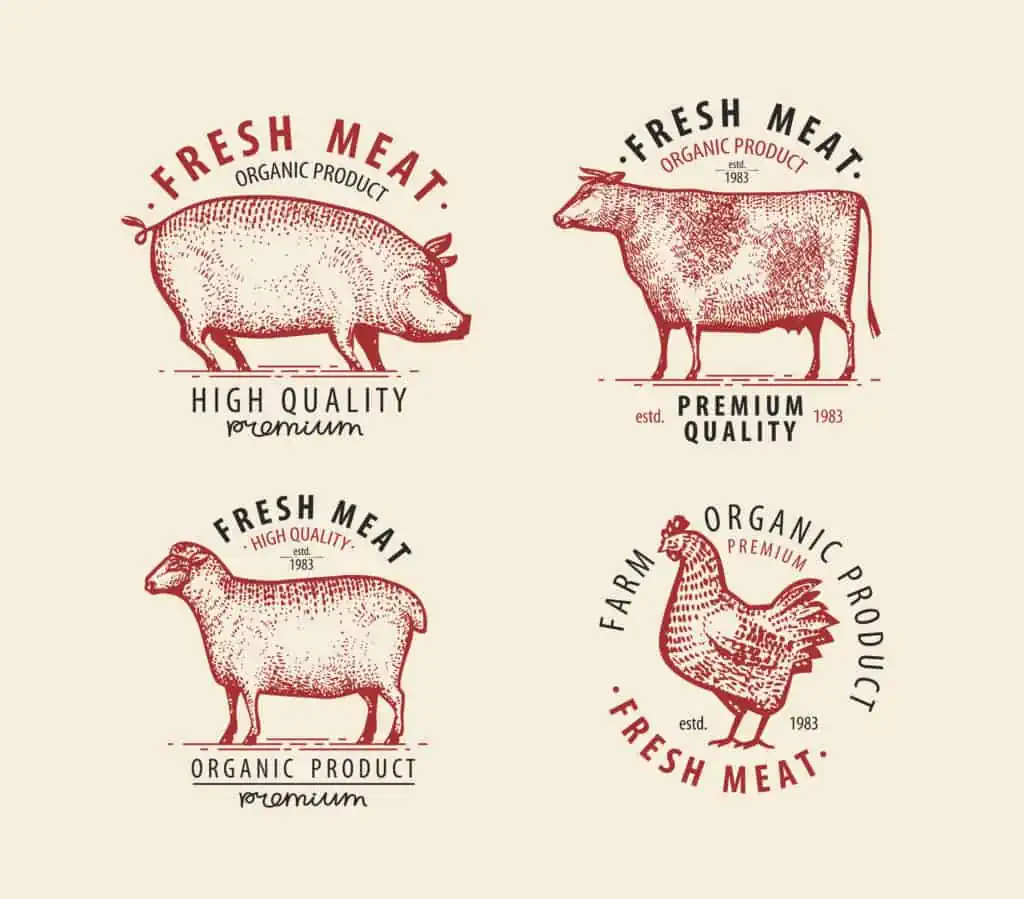
- Look online. Most stores publish sustainability and sourcing information that may not be available.
- Read the packaging. Whole Foods, for example, lists the name of the farm on which the meat was reared and sometimes even the farmer's name. Many UK supermarkets, such as Waitrose, do, too. However, look out for some budget supermarkets that create names of farms as a marketing ploy to try and make you believe your meat is more traceable than it is.
- Check for labels. We are still some way off clear labeling indicating the sustainability of meat products. Still, good animal welfare standards go hand in hand with more sustainable farming practices, so look out for labels such as Certified Animal Welfare Approved by AGW, products with a Global Animal Partnership rating of 4 or higher in the US, or the Soil Association or RSPCA Assured labels in the UK.
- Visit the meat counter. When a recipe tells you to ask your butcher, they don’t just mean an independent butcher - some grocery stores have very knowledgeable staff on the meat counter which you’ll be able to ask the questions I’ve included below to help you choose the best, sustainable meat option for you.
Shopping for sustainable meat at a butcher shop
Your local butcher shop is a fantastic place to shop for sustainable meat as they’re usually small local businesses with a human face who take the time to get to know their suppliers. But you still need to know what to look for and what questions to ask when shopping for sustainable meat.
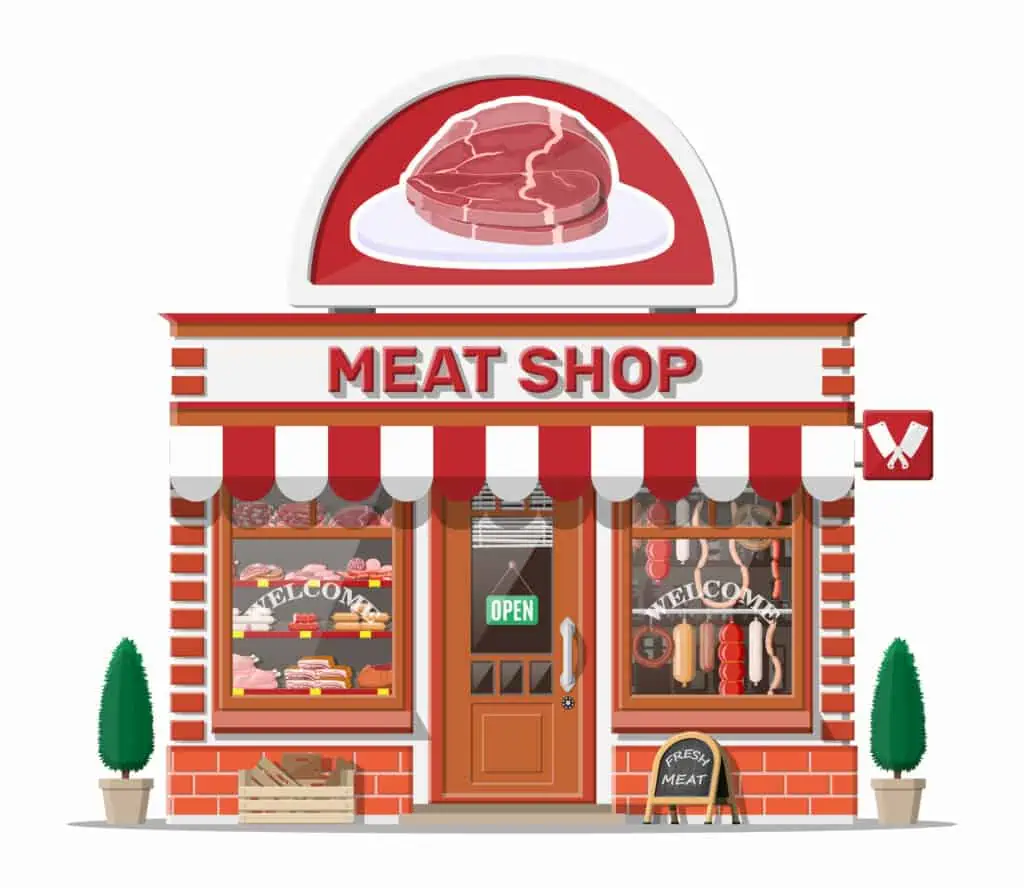
- First, ask where the meat comes from. Most good butchers will know the farmer's name, the animal's breed, and the farm's location and will be proud to share these. They’ll also often offer more information, such as how the meat was raised, if it is organic, etc., saving you the trouble of asking. It does not bode well for follow-up questions - or the meat you plan to buy - if they don’t know these basics.
- Ask how the meat was reared. Is the chicken free range? Is the pork-free range? Is the meat grass-fed? Are the farm and the meat certified organic?
- Has the meat been frozen? Unless you’re intentionally shopping from a butcher's freezer cabinet (great for items they’ve had to make in batches, such as sausages, or for preserving seasonal meats, such as wild game), this may be a red flag. Ask why the meat has been frozen and is not fresh.
- Ask more questions. Don’t be offended if the meat comes from a little further away. For a conscientious butcher, it may be a good sign that their meat does not come from the farm next door whose animal welfare practices or sustainability credentials may not quite be up to scratch.
You may end up having to shop at several local butchers to buy sustainable meat at the best price. When I lived in London, I was lucky enough to have a brilliant butcher at the end of my road who was happy to answer all my questions about the meat I was buying. But returning home to the countryside, I now have different butchers where I go to buy pork, beef, and other meats, based on who is supplying them.
Shopping for sustainable meat online

I’ve included tips below for finding good websites to order sustainable meat, but my favorite websites came to me via word and mouth, so ask around!
- On Instagram, hashtags such as #sustainablemeat, #slowfood, #regenerativeagriculture, #sustainablefarming, and #fieldtofork are not only great for finding farms you can order from, but they’re also good places to get recipes and tips to become a more conscious meat consumer @pipersfarm which I follow to learn more about how to be a more sustainable meat eater. As with everything on the internet, however, to check the profile you’re browsing is a reputable source.
- Check trusted websites for lists of approved or partner suppliers, such as the Slow Food movement (find the UK site here.)
- Don’t discount a good old Google Search, including the meat you’re looking for and your location; remember to do as much research as possible to check the meat you’re ordering is truly sustainable.
- Once you’ve done a trial order from a particular website, try to place as large orders as possible or share deliveries with friends and family to cut down on the environmental impact and necessary specialty packaging every time you shop.
There are more great resources for choosing sustainable meat over on The Mindful Fork’s Resources page. Regenerative Food and Farming, Sustainable Food Trust, Compassion in World Farming, and Pasture For Life are also good websites for further reading.

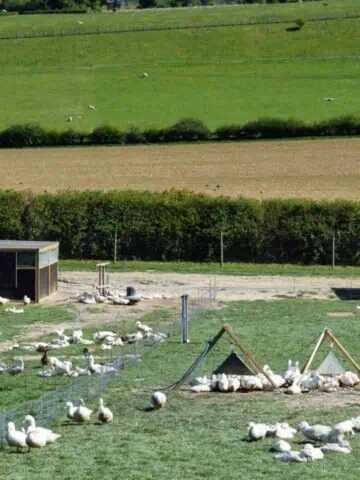
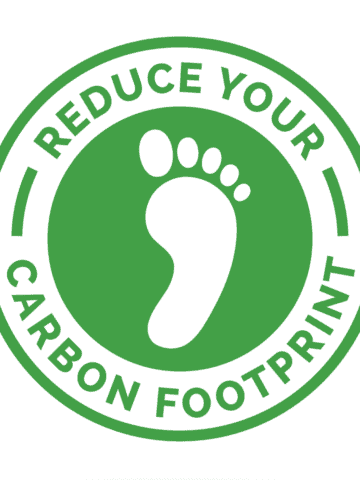
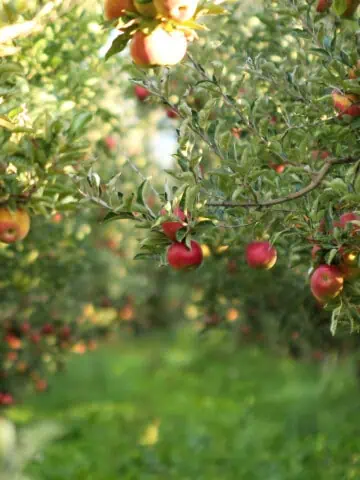
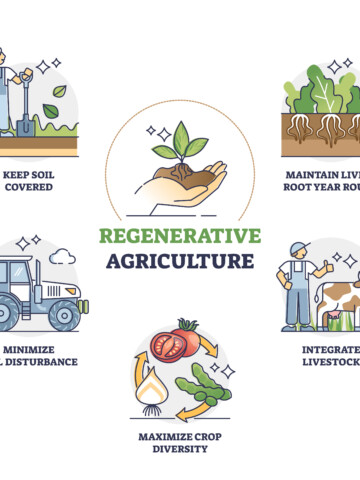
Comments
No Comments